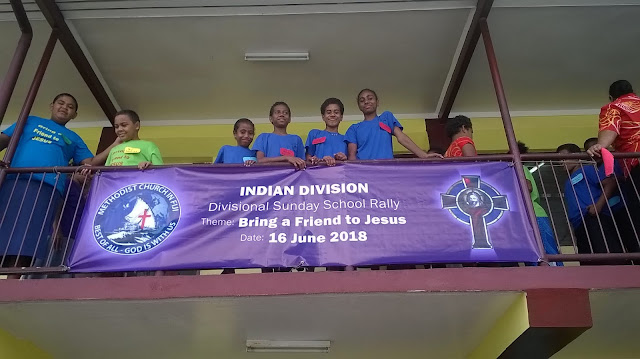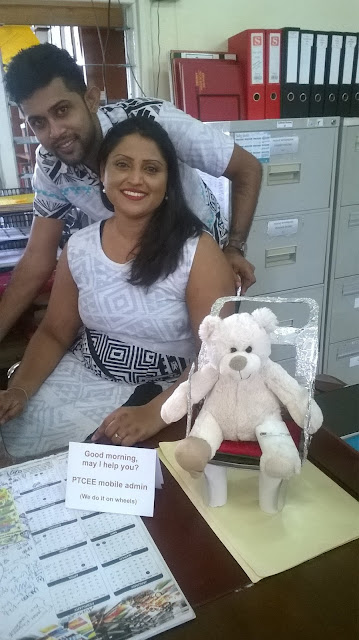It's Wonderful!!
What is?
Mmm.... I knew you'd ask, and that's the problem really, because I can't tell you just for the moment. But it really IS wonderful and I look forward to feeding back very, very soon. It's news from this side - full of hope and excitement.
In the meantime, over that side, the British Methodist Conference has started meeting and here's hoping that's wonderful too. Should you wish to be in the know about doings and goings on, the requisite link is here including livestreaming options for a lot of it.
Mmm.... I knew you'd ask, and that's the problem really, because I can't tell you just for the moment. But it really IS wonderful and I look forward to feeding back very, very soon. It's news from this side - full of hope and excitement.
In the meantime, over that side, the British Methodist Conference has started meeting and here's hoping that's wonderful too. Should you wish to be in the know about doings and goings on, the requisite link is here including livestreaming options for a lot of it.
30 June 2018
New Vice-President reflects on Transforming Hope
In his address made earlier today, Bala Gnanapragasam, the newly elected and inducted Vice-President of the Methodist Conference, reflected on ‘Transforming Hope’.
At the Methodist Conference, taking place at the University of Nottingham until 5 July, Bala Gnanapragasam, a Trustee at Christian Aid and former Labour Councillor, shared emotive stories that looked at the importance of inspiring hope and challenging injustice.
Reflecting on hope, Bala said: “Hope is vital, and it is right at the heart of our faith. I want to engage in the sort of listening and conversation that makes friendships, builds communities, and encourages hope.”
Bala spoke of his passion for social justice: “We face poverty and injustice at every point of our lives and in every place. So I ask myself constantly: 'Can this be what God wants for his people?'
“A church that abandons the poor is no longer the church of Jesus Christ and we do abandon the poor if we don’t challenge these ideas.
“But in the middle of this apparent hopelessness, I know that God must be doing something – changing things, calling us to new journeys so we have to be ready!”
Mr Gnanapragasam gave his address to an audience at the Conference which included friends from Sri Lanka celebrating the first Sri Lankan Methodist to be made Vice-President of the British Conference.
The video of Bala Gnanapragasam’s address is available here
The text of the Vice-Presidential address is available here
It's at this Methodist Conference that the report from the Church's national Stationing Committee is passed. That's the Committee that makes matches between available Methodist ministers and requesting Circuits, hoping to unite persons and places, gifts and needs in a Holy Spirit-prompted way. Methodist ministers [Presbyters and Deacons] who are pretty sure they're going to serve in a particular place and appointment come 1st September, nevertheless await the final Conference decision to be absolutely sure. Stationing is 'subject to Conference'.
As the Stationing Committee's report is in the public domain, as with lots of other material on the Methodist Conference website - which is fabulously helpful and transparent - you could take a look if it's of any interest and empathise with some of the agonies.
How would you solve it? Hopes and dreams?
Back here at home, Rosy married Krishneel. More matching and praying, hoping and dreaming. A Christian-Hindu marriage arranged by their families, a white dress was worn, prayers were said and rings exchanged at Rosy's home in Nanuku settlement. In about three weeks' time she'll move to Krishneel's family's place in Sigatoka, about 2-3 hours from Suva, and they'll take it from there.
As Rosy got her Certificate in Cookery not so long ago - graduation featured on this very blog - and her new husband is a pastry chef, expectations are high about the quality of raisin buns and custard slices from the new marital home. God bless, you two, and many, many prayers. Expect a visit!
Saptapadi - seven steps fire ritual in traditional Hindu weddings.
As Rosy got her Certificate in Cookery not so long ago - graduation featured on this very blog - and her new husband is a pastry chef, expectations are high about the quality of raisin buns and custard slices from the new marital home. God bless, you two, and many, many prayers. Expect a visit!
Saptapadi - seven steps fire ritual in traditional Hindu weddings.


























